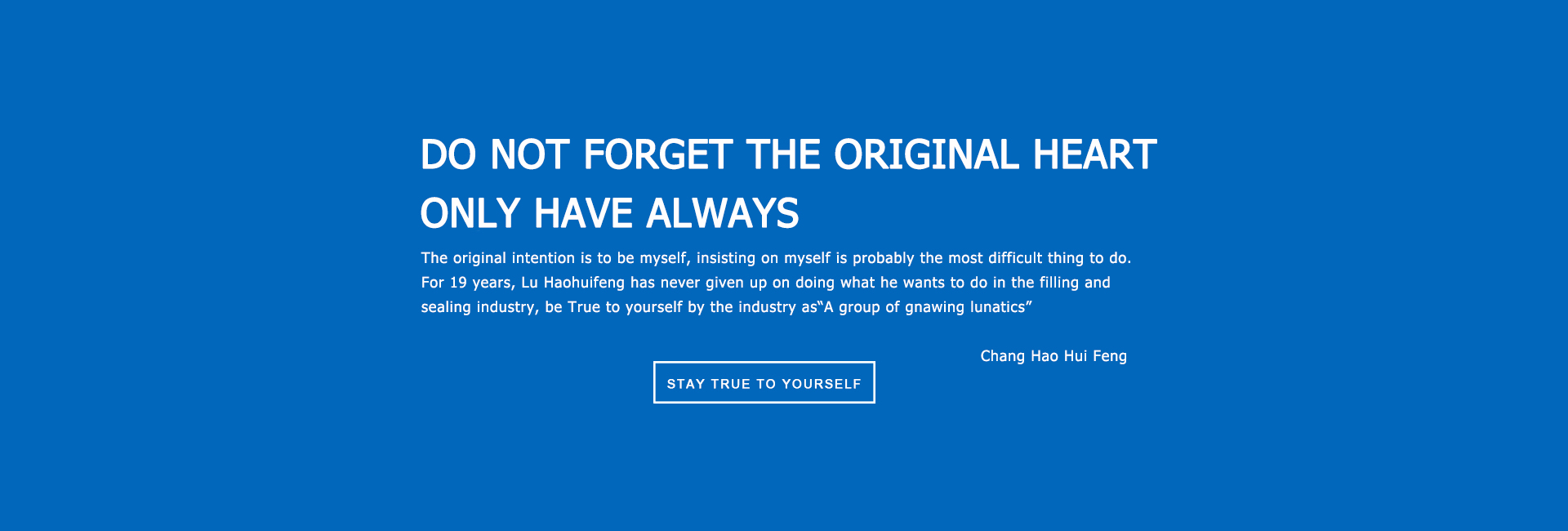
The industry standards for filling machines cover multiple aspects, aiming to ensure that the design, manufacturing, installation, usage, and maintenance of filling machines comply with certain specifications and standards, thus guaranteeing their safety, stability, and efficiency. Here are some common industry standards for filling machines:
National Standards: Such as GB 16798-2010 "Liquid Filling Machines" and GB/T 19148-2012 "Technical Conditions for Liquid Filling Machines". These standards provide detailed regulations on the technical requirements, inspection rules, marking, packaging, transportation, and storage of liquid filling machines.
Industry Standards: For example, YB/T 8130.1-2015 "Process Requirements for Beverage Filling Production Lines". This standard provides guidance on the design and implementation of beverage filling production lines.
International Standards: Such as ISO standards, which outline internationally recognized requirements for the design, manufacturing, and usage of filling machines, facilitating international trade and technical exchanges.
In addition, there are specific industry standards or specifications that target particular types of filling machines or the filling needs of specific industries. These standards are typically developed and published by industry associations, professional organizations, or government departments.
It is important to note that with the continuous development of technology and market changes, these standards may undergo revisions or updates. Therefore, it is recommended to regularly consult the latest standard documents to ensure that the design, manufacturing, and usage of filling machines comply with current requirements and specifications. At the same time, different countries and regions may have their own specific standards or regulations, so when exporting or importing filling machines, it is necessary to consider and comply with the relevant standards and regulations of the target market.
Moreover, there are specific technical requirements, such as those for weight-based filling machines, which need to meet standards for precision, speed, stability, cleanliness, and hygiene. These specific technical requirements are crucial for ensuring the performance and quality of filling machines.
In summary, the industry standards for filling machines constitute a complex and comprehensive system that covers multiple aspects and levels. Complying with these standards is essential for ensuring the safe, reliable, and efficient operation of filling machines.
Shenzhen Changhao Huifeng Industrial Co.
9F, Zhengke Times, No.17, Industrial Road 1, Da Wang Shan, Shajing Street, Baoan District, Shenzhen
Copyright@2023粵ICP備15020808號